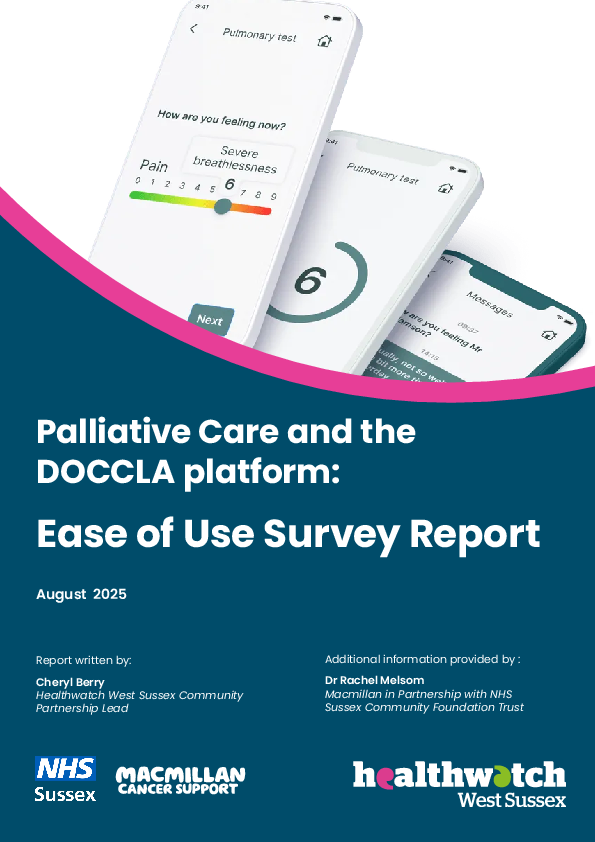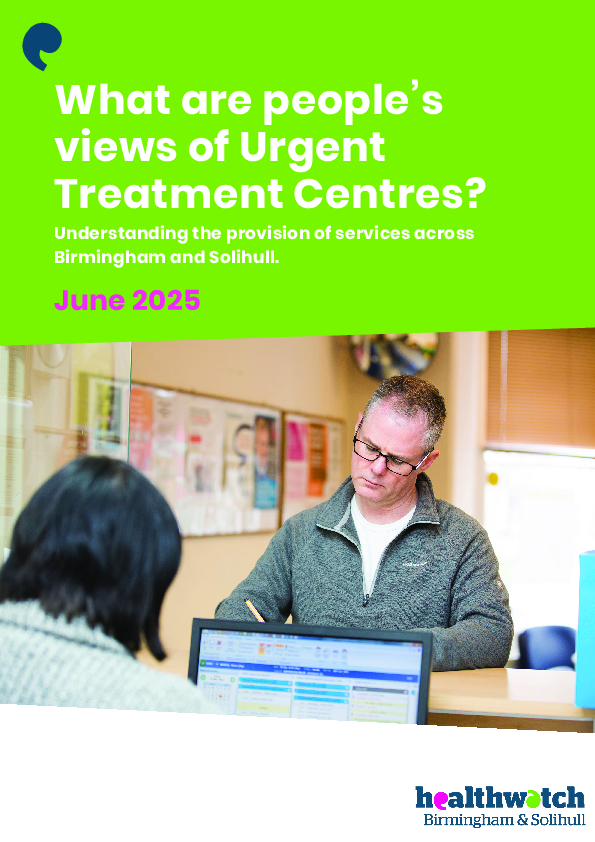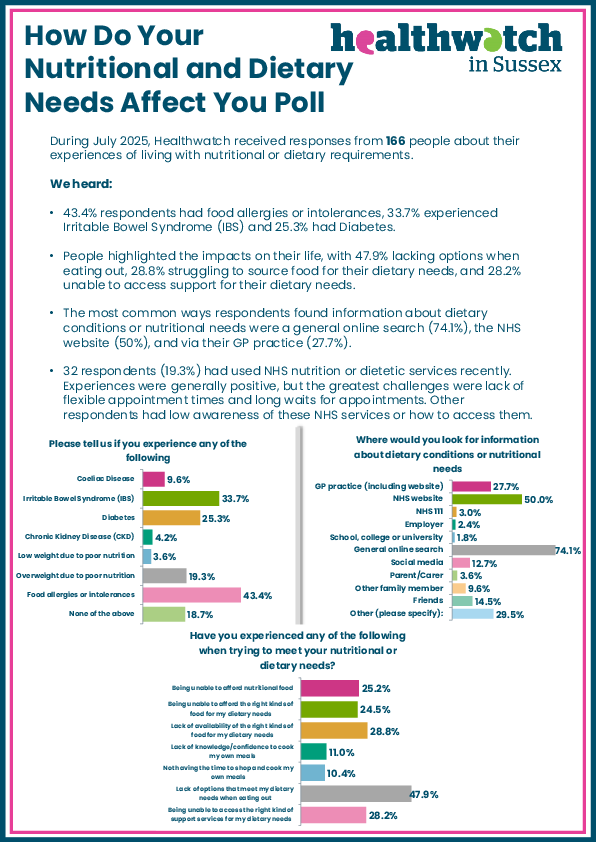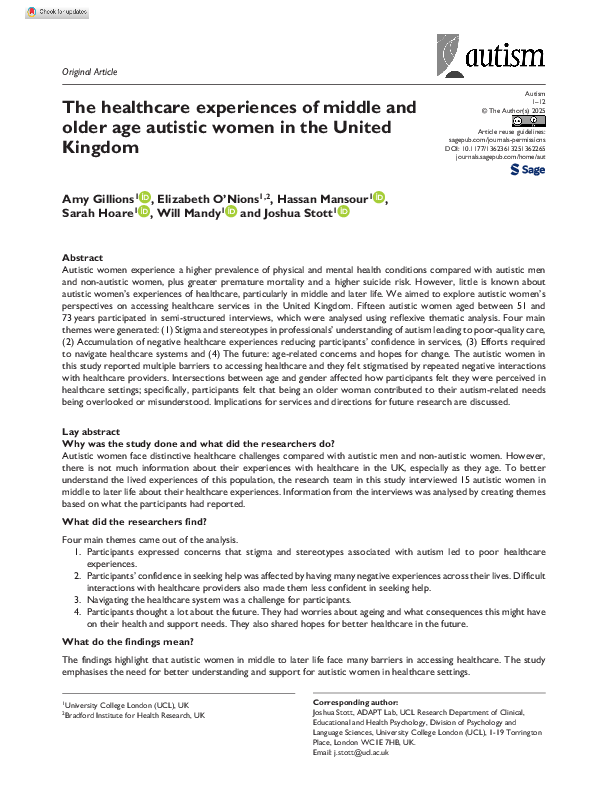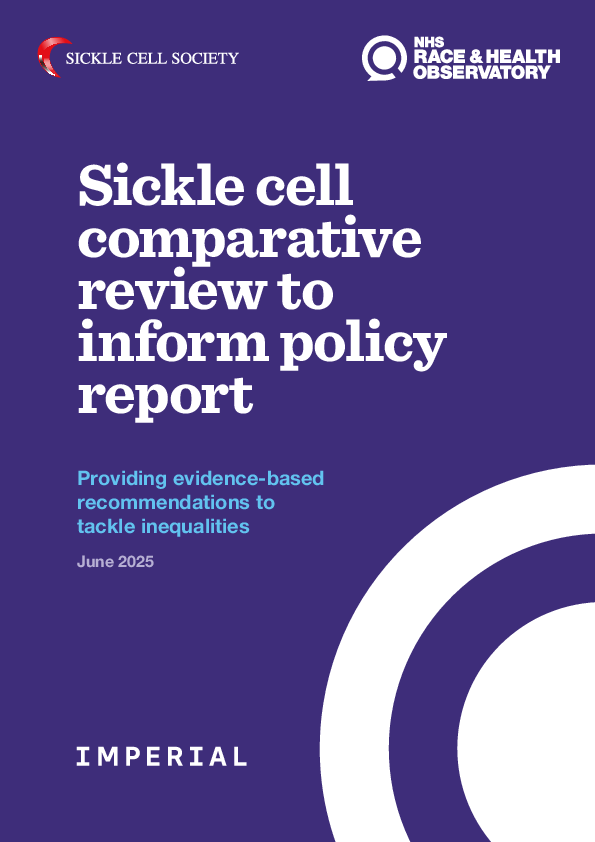Sickle cell is the most common genetic disorder in the UK, yet it has endured years of inadequate attention and investment, resulting in stark and persistent inequalities in healthcare for those living with the condition. This detailed research is invaluable in pinpointing where discrimination and bias continue to occur - whether in resource allocation, access to specialist care, or research funding. Crucially, the findings reveal that this neglect is not due to a lack of need: hospital admissions for sickle cell rose by 42% between 2013 and 2022. The report goes beyond identifying disparities. It uncovers the root causes of these inequalities and offers an evidence - based foundation for meaningful change. It highlights a long - standing pattern of underinvestment and de - prioritisation that has eroded trust among many people with sickle cell in the healthcare system. Too often, they encounter poor knowledge of their condition or substandard treatment from the very services designed to support them. In this context, the report is more than just a call to action - it is a roadmap for change. Its six key recommendations for policy, practice, and research provide actionable, practical solutions aimed at addressing the systemic failures exposed. If adopted, these measures could improve outcomes, rebuild trust, and ensure that people with sickle cell across the country receive the care that they need and deserve.
[less] Sickle cell is the most common genetic disorder in the UK, yet it has endured years of inadequate attention and investment, resulting in stark and persistent inequalities in healthcare for those living with the condition. This detailed research is invaluable...
[more]